
Weight decay and weight restriction are two closely related, optional techniques that can be used when training a neural network. This article explains exactly what weight decay and weight restriction are, and how to use them with an existing neural network application or implement them in a custom application.
- By James McCaffrey
- 07/28/2014
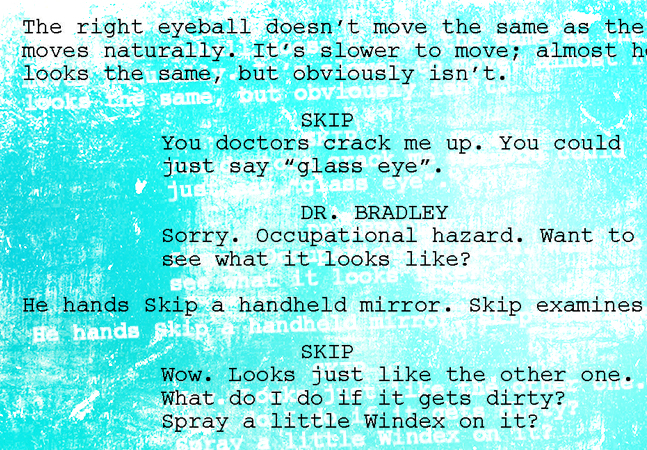
An interaction script bridges the gap between designing concepts and actually adding controls to forms. The interaction script will tell you what your application needs to do, leading you (finally) to what controls you need on which forms.

Kenny Kerr continues his series about compiler fundamentals by introducing the syntax analysis, grammars, and the act of parsing or interpreting source code.

The principles of great UI design start from a different place than the principles that lead to great application design. They both end up in exactly the same place, though.

Ondrej Balas continues his series on refactoring code for dependency injection, focusing on techniques that make it easier to refactor complex applications.
- By Ondrej Balas
- 07/16/2014

The best thing you can do in order to create a great UI is to stop thinking about UI design.
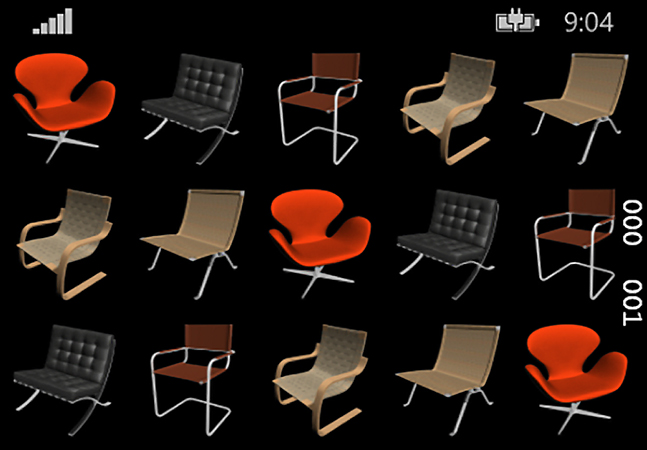
If you're used to ListBox or LongListSelector, find out how the GridView and ListView controls for Windows Phone 8.1 can do it better.
- By Nick Randolph
- 07/07/2014
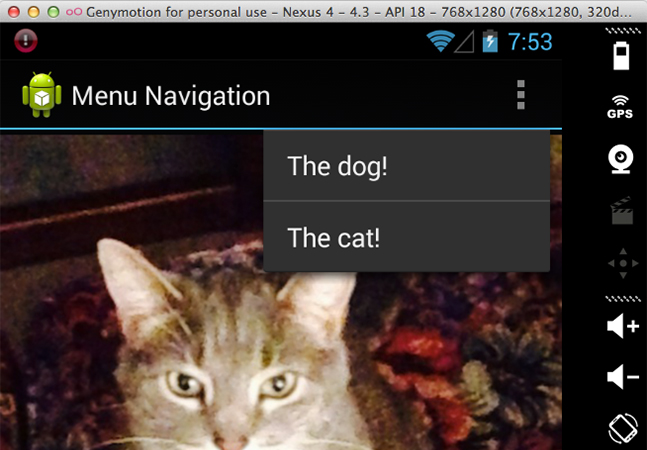
Navigation in mobile devices is an important consideration. If a user isn't able to navigate an app, he might quickly abandon it. Learn the navigation principles of Android to keep this from happening to you.
- By Wallace McClure
- 06/28/2014

You can completely disconnect your test code from your database with Entity Framework 6 in .NET and Visual Studio. You just need a little bit of custom code for your application, along with some boilerplate code.

Are you tired of manually configuring IIS sites (adding Web sites, application pools, virtual directories and so on)? Use C# and the Microsoft.Web.Administration Namespace to simplify your life (or at least IIS configuration).
- By Patrick Steele
- 06/24/2014

Kenny Kerr continues his series about compiler fundamentals by considering how the original source code may be converted into a stream of tokens.
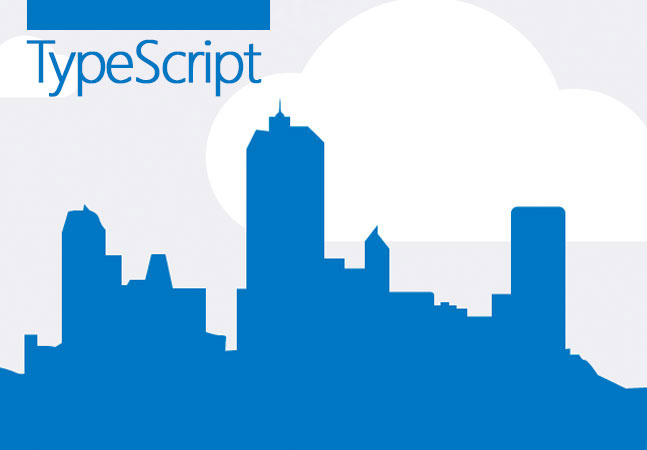
Backbone provides an elegant way to encapsulate the code necessary to get your data and HTML onto the page. Peter shows how to make it work in TypeScript.

Ondrej Balas continues his discussion on refactoring your code for dependency injection, this time focusing on the composition root pattern.
- By Ondrej Balas
- 06/18/2014

Deep Neural Networks are the more computationally powerful cousins to regular neural networks. Learn exactly what DNNs are and why they are the hottest topic in machine learning research.
- By James McCaffrey
- 06/13/2014

Prune your Entity Framework with the help of asynchronous methods.
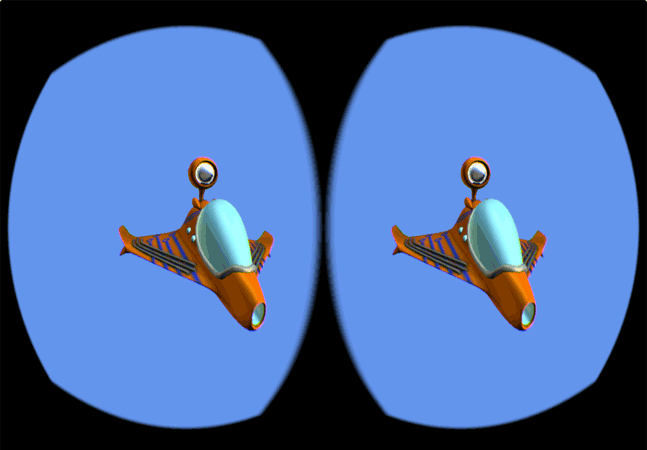
Go deeper into the Oculus Rift SDK.
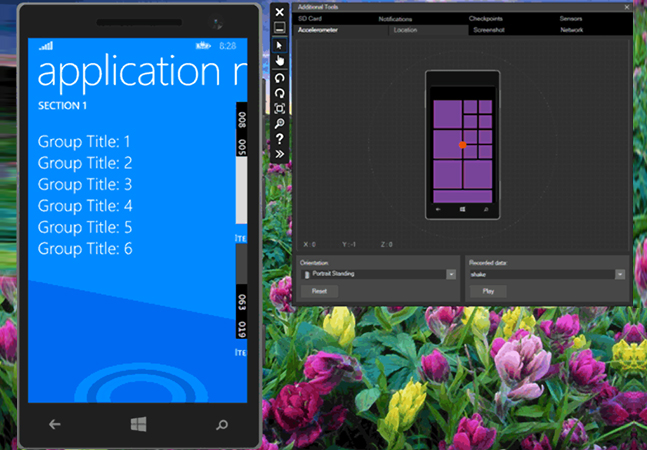
Learn how the Windows Phone 8.1 SDK, coupled with Visual Studio, provides the necessary tools to debug, test, polish and publish your application.
- By Nick Randolph
- 06/02/2014

Entity Framework 6 gives you a variety of ways to call stored procedures that return data and capture the results those procedures return. Here's a look at all of them.
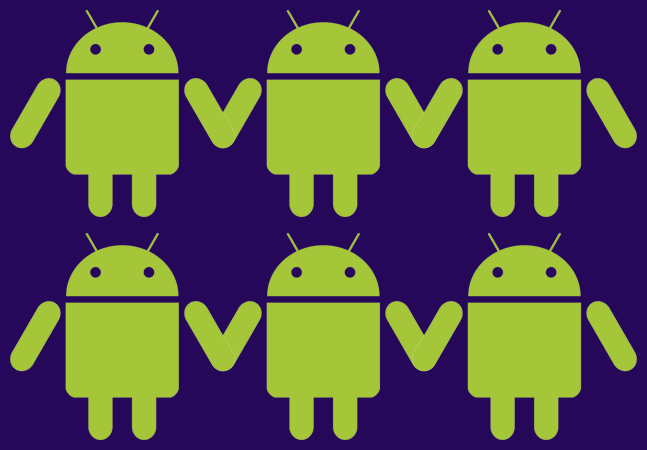
Learn how to leverage the powerful resource system of Android to support a variety of Android devices and languages.
- By Greg Shackles
- 05/28/2014

When you implement the Model-View-ViewModel pattern you need to tell your View (in this case, a Windows Form) when the ViewModel has new data. Here's how to do that, along with a warning about how to avoid a potential bug.

Take control of your application's behavior and move toward dependency injection by refactoring your existing code.
- By Ondrej Balas
- 05/20/2014

Visual Studio 2013 came with a new version of Web API. The Web API 2.1 update includes a host of new features, including support for Binary JSON. Learn how to leverage BSON by building a Web API 2.1 service.

Backbone is a popular library for creating MVC/MVVM-like applications in your client. Here's an introduction to Backbone and some best practices for creating a Single-Page Application with TypeScript.
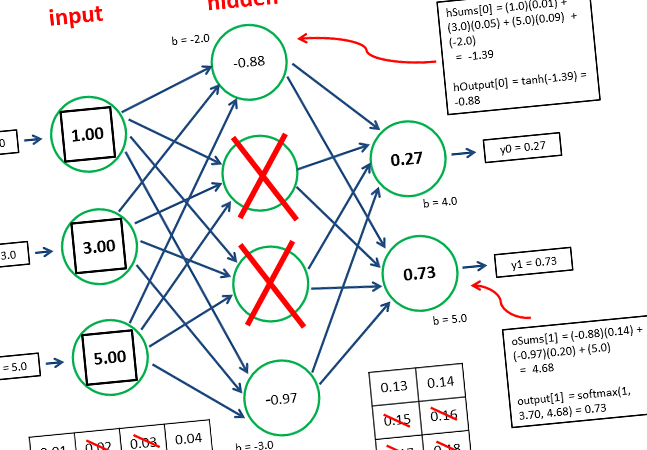
Dropout training is a relatively new algorithm which appears to be highly effective for improving the quality of neural network predictions. It's not yet widely implemented in neural network API libraries. Learn how to use dropout training if it's available in an existing system, or add dropout training to systems where it's not yet available.
- By James McCaffrey
- 05/13/2014

Kenny Kerr starts his new series about compiler basics by looking at how to use memory-mapped files to read the original source code.